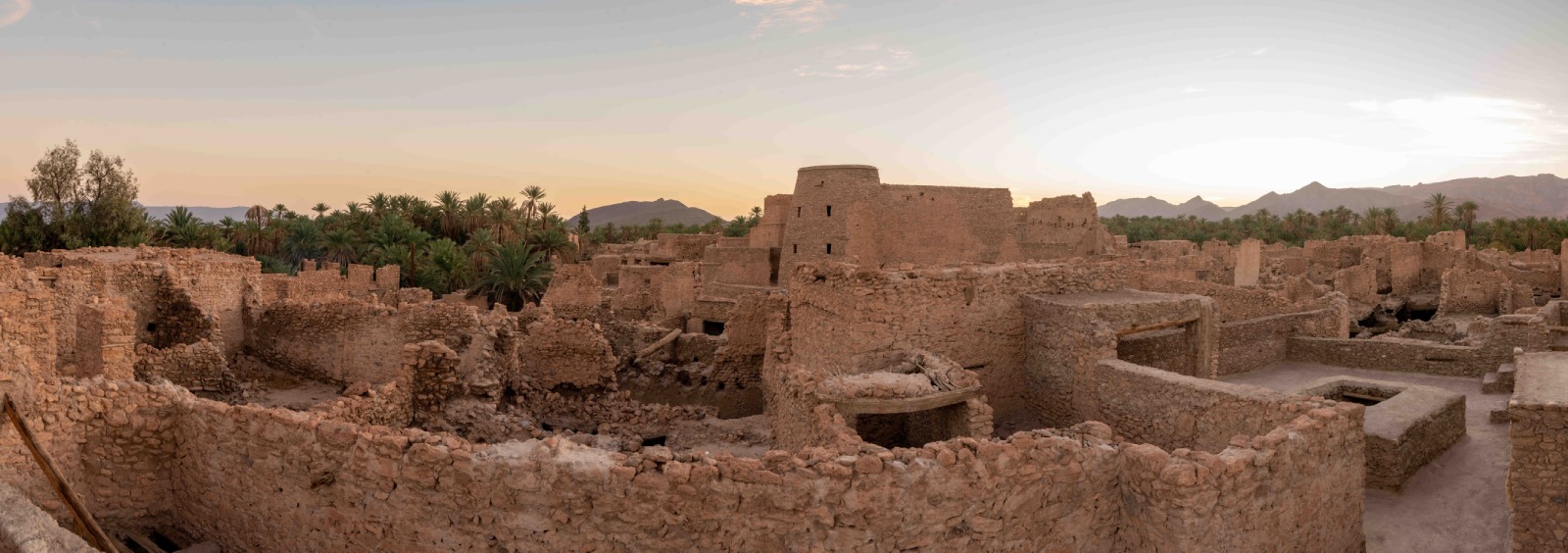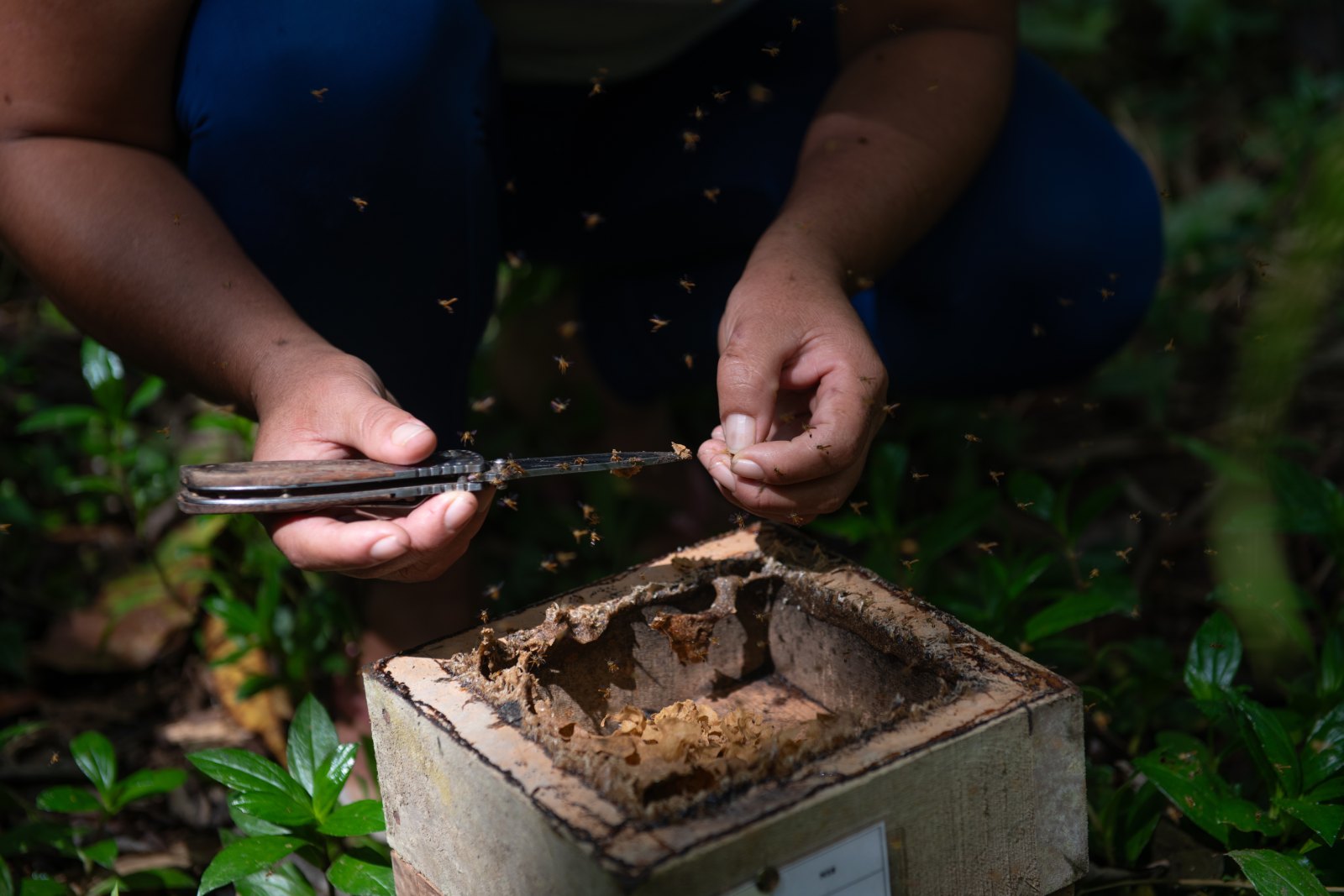
700’000 heures Impact is a transformative hospitality initiative co-founded by Thierry Teyssier (700’000 heures) and Diane Binder (Regenopolis), designed to harness the power of hospitality as a force for regeneration. Combining immersive, ultra-curated guest experiences with systemic place-based development, it redefines luxury through simplicity, connection, and purpose, while preserving natural ecosystems, safeguarding cultural heritage, and revitalizing local economies in remote and often overlooked regions.
Conventional tourism models are accelerating environmental degradation, economic leakage, and social disruption, particularly in ecologically sensitive and marginalized territories. Governments and international development actors often struggle to reach these areas effectively. 700’000 heures Impact addresses this gap by activating regenerative micro-hospitality as a catalyst for community empowerment, circular economies, and ecosystem restoration. It draws on the legacy of the nomadic 700’000 heures concept and amplifies its impact by integrating a living-systems approach to regeneration.
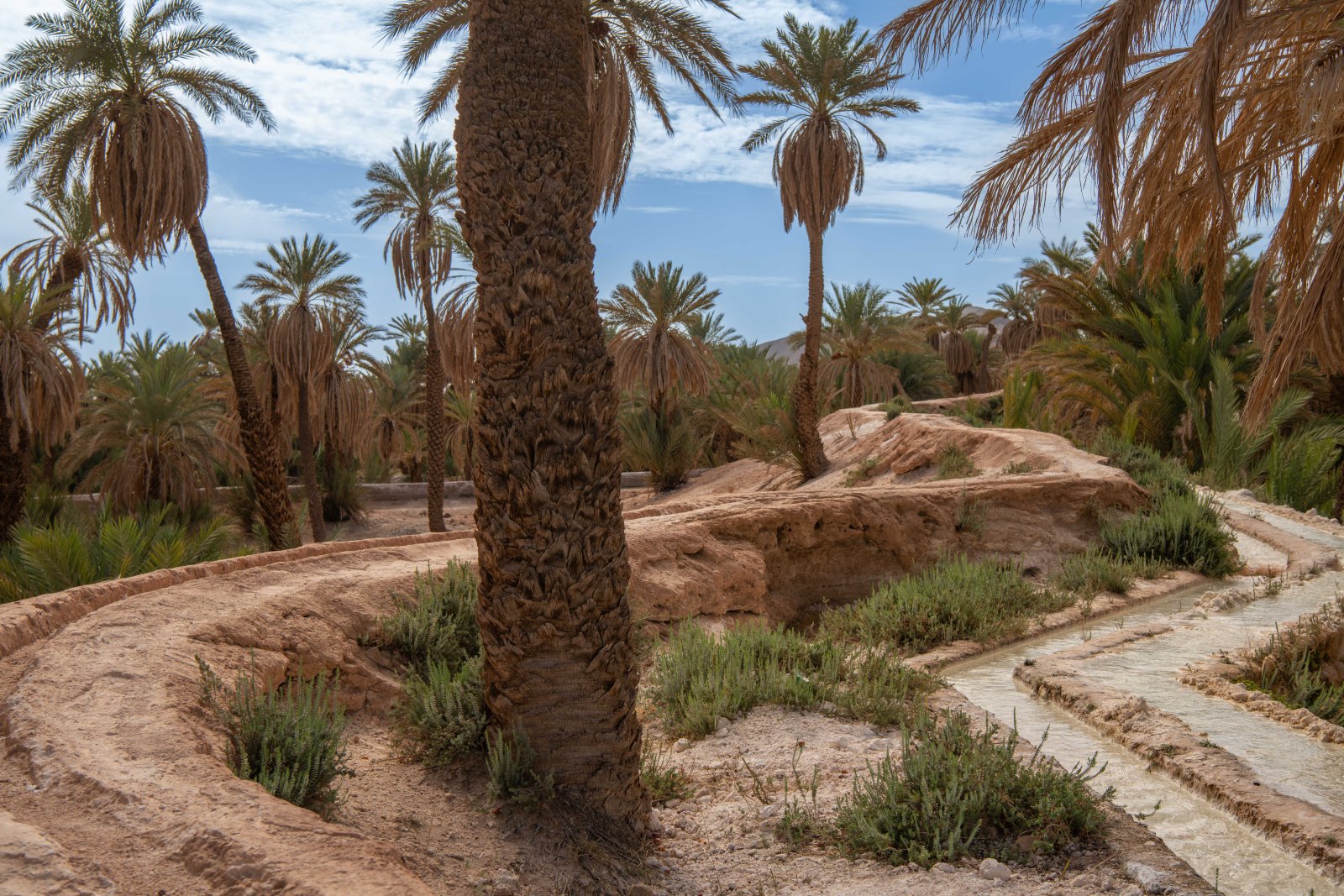
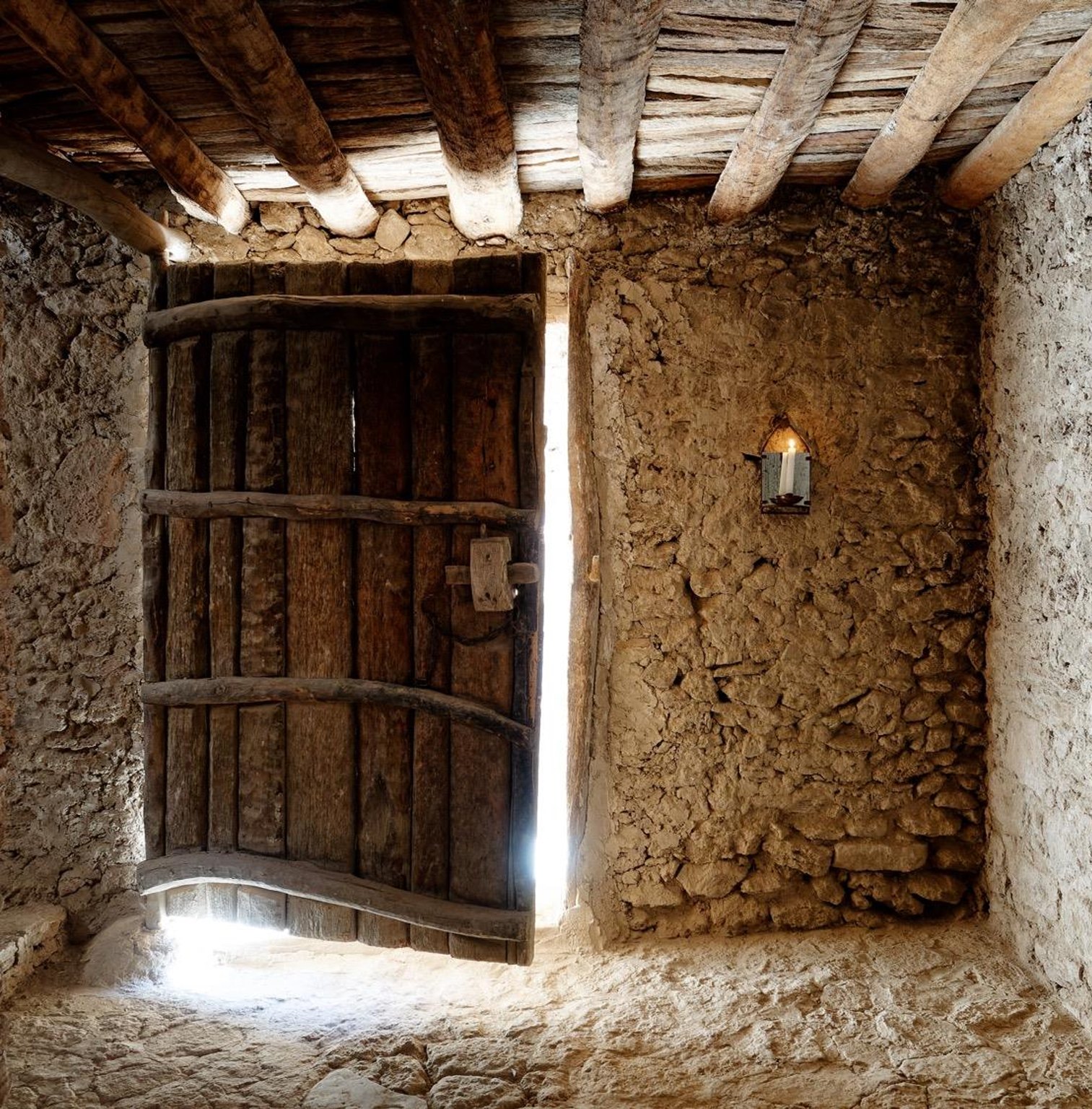
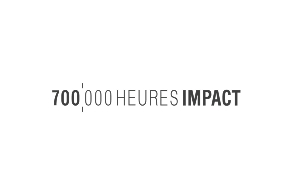
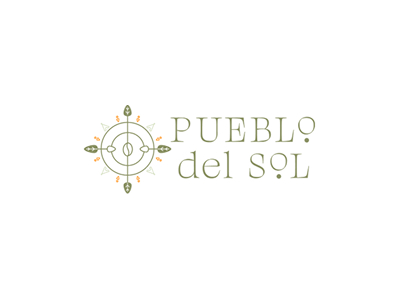
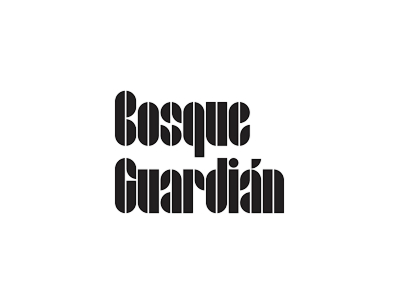

The project resulted in significant outputs and outcomes
